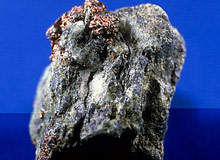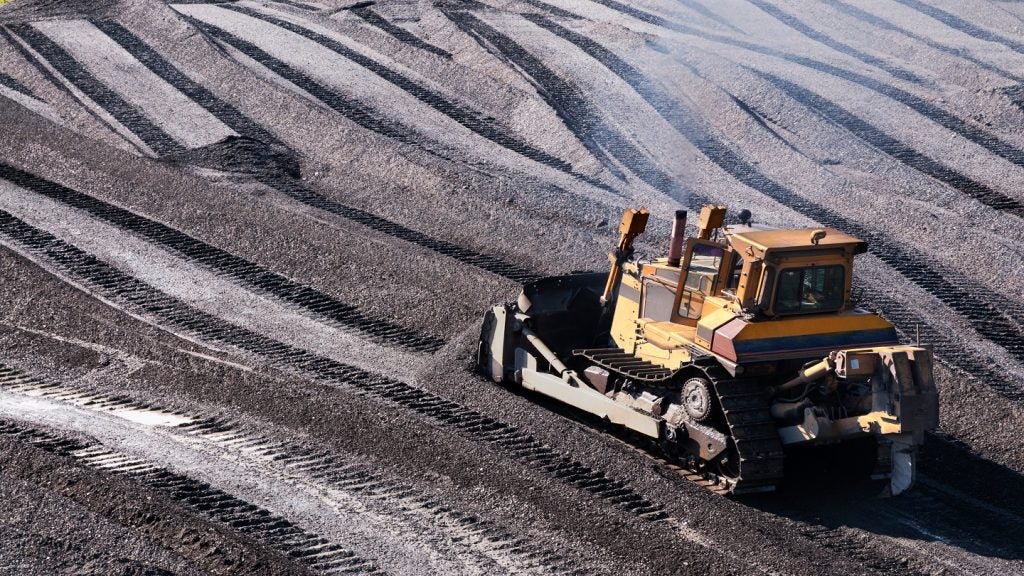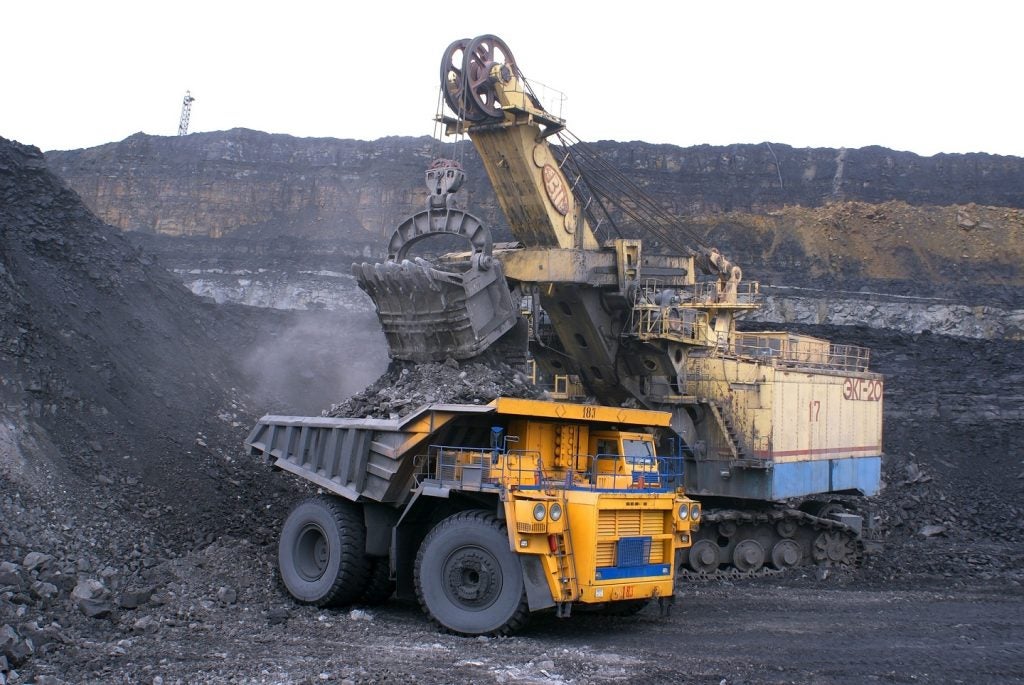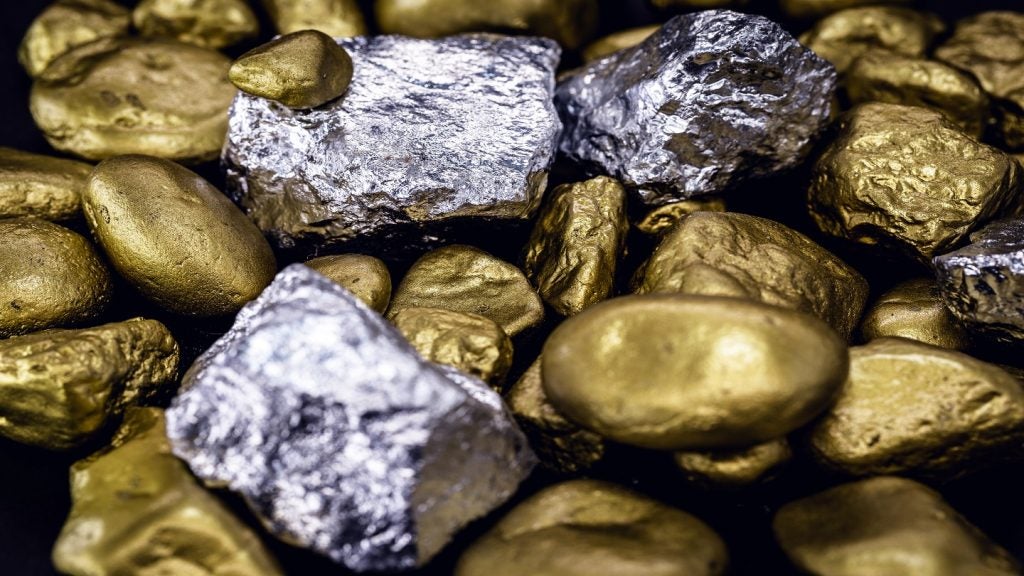
The future success of the Chinese economy is dependent on its ability to secure long-term access to mineral and metal resources. Its dependence on coal, iron ore, alumina and liquefied natural gas is now leading to a new level of internationalisation for its state-owned mining firms and a heightened need to invest in its domestic mines.
So rather than setting up amicable joint ventures or relying on imports governed by spot prices, China is now willing to take a much more assertive approach.
Reaching out
Two recent deals highlight the aggressive nature of China’s new desire to gain equity stakes in foreign firms. First was the12% equity purchase by China’s biggest aluminium producer, Chinalco, of Anglo-Australian miner Rio Tinto‘s London shares. By obtaining the equity stake in the UK, Chinalco bypassed the requirement for international government-owned entities to seek permission from the Australian government.
The Australian treasurer, Wayne Swan, did give the purchase his blessing but said Chinalco must not raise its stake without fresh approval and that it must not appoint a director to Rio Tinto’s board as long as the holding remains below 15%. But with the ability to buy the shares in London, it is debatable as to whether this warning will have much effect.
Overall it is a deal which has been shrouded in ‘confusion and uncertainty’ according to economists Peter Drysdale, from the Australian National University, and Christopher Findlay, from the University of Adelaide. The move, which happened in August, could potentially block BHP Billiton’s £70bn bid for the Rio Tinto group and ensures China’s place among the mining giants. Rio and BHP are the world’s second and third-largest iron ore producers and the stake may go some way to alleviate concerns that if the two were to merge, the price of China’s raw materials could rise.
The second deal to test the Australian government’s reaction to Chinese investment was Chinese raw material processor Sinosteel’s hostile takeover of Australian-based iron ore and steel producer Midwest Corporation.
How well do you really know your competitors?
Access the most comprehensive Company Profiles on the market, powered by GlobalData. Save hours of research. Gain competitive edge.

Thank you!
Your download email will arrive shortly
Not ready to buy yet? Download a free sample
We are confident about the unique quality of our Company Profiles. However, we want you to make the most beneficial decision for your business, so we offer a free sample that you can download by submitting the below form
By GlobalData“The fact that a Chinese government enterprise would make a hostile takeover bid made the Australian government realise that the Chinese were serious about acquiring assets in Australia,” says Ian McCubbin, partner of corporate and commercial law focusing on China at Australian law firm, Deacons.
“Those two events have caused the still relatively new Australian Government to rethink its policy on investment by Chinese enterprises.”
Obtaining interests in foreign firms as well as granting them access to invest in its own mining projects is now vital to China’s success.
“I think what has been demonstrated is that China is increasingly trying to secure its own raw supply rather than being subject to the spot market. Spot market prices are obviously very volatile, can rise to extremely high prices and are not a guaranteed supply chain,” says base metals analyst Gayle Berry, Barclays Capital. Indeed, in Bauxite alone China’s imports have grown to 2Mt a month which has inflated prices up to A$70/t from A$20/t. In her opinion Australia, Africa and Latin America are of particular interest for the Chinese.
Gaining entry
To get exposure if you are a foreign firm looking to invest in one of China’s largely state-owned mining companies is still a bureaucratic, arduous and difficult task. This is mainly because the legal system isn’t geared towards the mining industry.
Firstly, there are significant inconsistencies in the way the sector is regulated in China’s ‘catalogue system’. This divides each region’s projects into those which are encouraged, prohibited, restricted or permitted. However, firms that obtain permission to build an exploration site to look for one raw material may discover another and find that their license does not apply.
Deacon’s McCubbin says: “The problem is that you are often exploring multiple commodities, so while looking for gold you might well find copper.
“It is very difficult because you don’t know what you will find, so you don’t know where you fit in the catalogue and what you are going to ultimately be allowed to do.”
Secondly, joint ventures are required to disclose the capital that firms are planning on investing in the project. But whether miners find their treasure will greatly affect this and so specifying a figure at the start becomes impossible.
Lastly, even when a firm is granted an exploration license it only becomes a ‘priority’ firm to obtain a mining permit for that site. Not having a guarantee that the company that finds the resource will be the one given permission to extract it, does not give potential investors the reassurance they need.
But for some firms the appeal is worth these hurdles. In McCubin’s opinion it is usually small and medium enterprises, sometimes financially backed by larger firms, which often make progress.
Tim Harcourt, chief economist at Austrade, says: “We have seen an incredible boom in the technology industries that are providing services to China’s mining projects. There are as many small companies that go to China from Australia as the whole of continental Europe. A lot of Chinese companies come over to buy their technology and a lot of small companies go over and help the Chinese set up their own projects.”
One example of this is Australian-based Crest Mining which has recently been awarded a 17% farm-in stake in the Yihe Coal project in Inner Mongolia.
In fact, more than 4,250 Australian businesses now export goods to China and more than 3,000 Australian businesses have a physical presence onshore making it Australia’s number one trading partner. Austrade works with small and medium enterprises attracting investment from China and those trying to set up business in the region. It has over 15 offices in China and in Harcourt’s opinion the trading partnership has picked up because of President Kevin Rudd’s ability to speak mandarin.
Both China’s Ministry of Commerce and Ministry of State Land and Resources are now on board with securing foreign investment into domestic production.
On 20 August, they jointly published a paper encouraging international firms with mineral exploration experience, or financing ability, to invest in China’s mining sector. They are also encouraging these companies to use the latest technology.
Challenges ahead
Increasing its domestic production, whether it is state or internationally sponsored, is a limited option given China’s power shortage. “It has a growing energy deficit which is sharply increasing,” says Berry. “Its own generating capacity just simply isn’t keeping up with demand and as a result, it is creating a very tight power market in China.”
Mining exploration is very vulnerable to disruptions in power, as seen over 2008 where aluminium production in particular has suffered.
“There needs to be a structural change in the market. There is no quick solution and it will take a lot of long-term investment in order to build the power infrastructure that is needed to feed the economy,” says Berry. Until that happens, disruptions for metals producers are likely to remain a characteristic of the Chinese metals market going forward.
In addition, China is learning how to play on the free market where price, not policy, largely dictates company activity.
“There will always be some sort of government influence on these top resource companies but I think the structure of the companies will change,” says Harcourt.
“It will be in China’s interest to privatise or commercialise some of these resources for their own flexibility.”
But in McCubbin’s opinion, this is already underway and was highlighted in both the Rio and Sinosteel deals.
“I would say that in more recent times the enterprises are fiercely competitive even between each other and their decisions are fundamentally driven by commercial as opposed to political considerations,” he says.
China’s lesser-grade ores have meant it is even more technology savvy than competitors in areas such as beneficiation. Its mining companies are also powerful and often very rich. But another challenge for China is to undo the preconception that trading partners need to be cautious when doing business.
“When companies go into China, there is a fear because they all think they are going to lose their shirts. Actually, they lose their pants investing in America,” says Harcourt.
From a legal point of view, McCubbin says there is no need to fear counterparty defaults and there are now numerous examples of international companies getting a fair hearing in the disputes courts.
No one can blame China for wanting to control its own resource supply chain and with a number of its mining workforce gaining international expertise, its attempts to internationalise are well on the way. By playing by commercial principles instead of governmental policies, China is now showing that it is a powerful force to be reckoned with.







